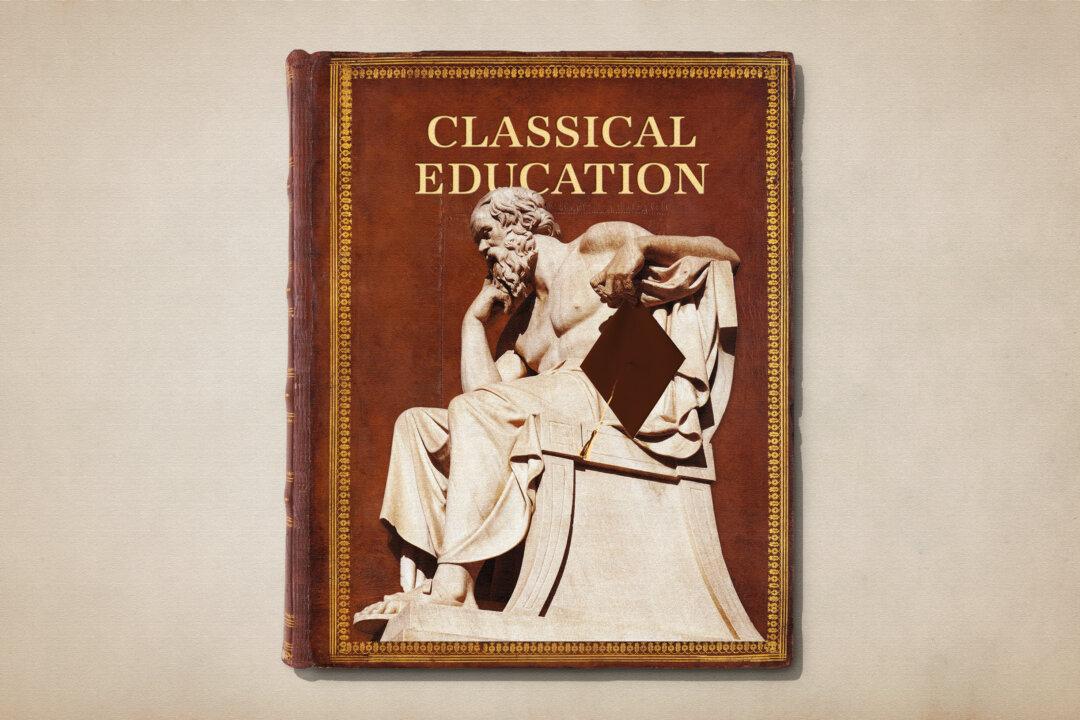Commentary
One of the worst ills besetting American society today is the rising number of well-educated people who can’t find jobs suited to their learning. They did the right things but can’t find the right post. We know that the American meritocracy runs on smarts, hard work, and accreditation. In this case, however, they did work hard, they showed they had the smarts, got a bachelor’s degree, plus an advanced degree, from a Tier One institution, and now they’re stuck in low-paying, low-status jobs with no security. How does that happen?





